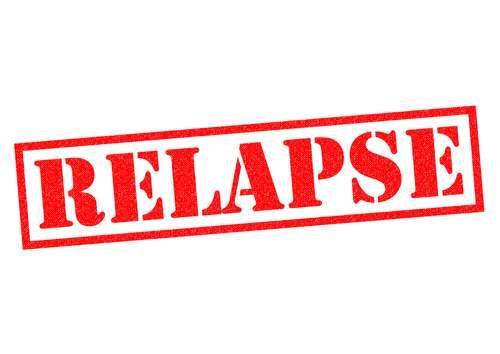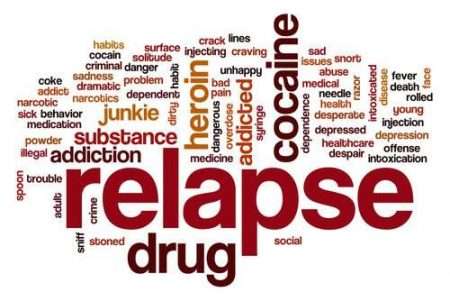Relapse is common in recovery. Well over half of people in recovery relapse within a year. Although relapse is a serious setback and often dangerous, it is not a permanent failure. Many people achieve long-term recovery after several tries and relapses. If you have had a relapse, the important thing is to figure out what went wrong and try again.
Many people relapse because they didn’t want to get sober in the first place. They may have attempted to get sober to placate a loved one or to avoid jail, but they weren’t really committed. Sobriety is especially hard if you don’t want to stay sober. Many of these people later decide they actually do want to get sober. Sometimes this intrinsic motivation is enough for long-term sobriety.
If you’ve had a relapse and want to give sobriety another try, start by analysing what went wrong. What were you doing when you decided to relapse? Who were you with? What was going on in your life? What was causing you stress? Above all, how did you decide to cope? Be as thorough and honest as possible. You might have to make significant changes in your life to stay sober.
Next, think about how you tried to get sober. Did you go to 12 Step meetings? Did you see a therapist? Did you go to a residential treatment centre? Did you try to do it alone? Addiction rarely occurs in isolation. Most people who struggle with addiction have another mental health issue too. These typically include depression, anxiety, bipolar disorder, antisocial personality disorder, or schizophrenia. Trying to stay sober without addressing these other issues is like trying to swim with rocks in your pockets. The most successful recoveries happen on the psychological, social, and spiritual levels.
Also, there are many approaches to recovery and you may not have tried an approach that suited you. There are different approaches to therapy and different philosophies of recovery. No single approach works for everyone. If the method you tried last time didn’t work, an addiction counselor might help you figure out what to try next time.
Finally, look at the changes you made in your life after you got sober. It’s not realistic to think you can pick up where you left off and not relapse. Something needs to change. You might need new friends or a less stressful job. You have to work daily to maintain sobriety.
Castle Craig is one of the most established and respected addiction rehab centres in the UK. Castle Craig treats alcoholism and drug addiction as an illness and promote abstinence as essential for long-lasting recovery. We help patients recover through an intensive, personalised programme that combines medical treatment, 12 Step therapy, CBT and other psychiatric therapies and complementary therapies. For information, call our 24 hour free confidential phone-line: 01721 546 263. From outside the UK please call: +44 808 271 7500 (normal charges apply).



